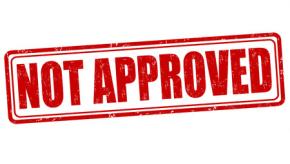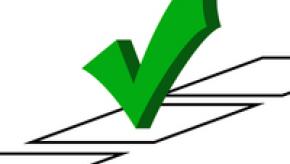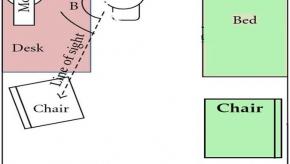Blogs
How to Present an Abstract at EULAR
Good News! Your research submission has been accepted for presentation at a national congress (i.e., ACR or EULAR). This is often a first step in the lifetime of a project – Abstract, Presentation, Full Write-up and Publication. Instead of being enthralled or overwhelmed with the notion of doing your first abstract, review my approach to creating, presenting and reviewing abstracts for a major medical meeting.
Ten Things to Do At Every Visit
Busy days, overbooked patients and EMR overloads will certainly derail your day, especially if you don’t have a system to optimize efficiency. However, in your harried efforts you may overlook several simple, smart, if not crucial, tasks while seeing your next patient.
It's the engine that kills ya’, not the caboose
This past weekend I was fortunate to lecture at the Harvard Advances in Rheumatology Course, where I reviewed the safety issues surrounding the use of biologic therapies. In discussing infections, cancer, cardiovascular events, etc., it became very clear to me that these problems, while worrisome, are often escalated in their importance – all at the expense of what is most dangerous: RA itself.The Purse Exam: a Forgotten Part of the Physical
Should you assess your patients' “purse-onality? The purse exam is an important part of the physical that can help make the diagnosis and improve patient outcomes. I often wonder if downsizing the purse should be part of the T2T (treat to target) initiative.The Brooklyn HAQ
The Health Assessment Questionnaire is a utilitarian outcome measure, often used in clinical trials and daily practice. Unless you’re still prescribing penacillamine, never attended an ACR meeting, and never read an RA clinical trial, you’re quite familiar with the HAQ and its use in practice. So, surely you’ve heard of the “Brooklyn HAQ”?
I Got a Hug Today
It was at the end of the visit with the patient I've only seen three or four times for her osteoarthritis, carpal tunnel syndrome and back pain.
Take the Patient's Call
I recognized the tone in his voice. I recognized the clipped words and the unmistakable undertone of bother and dismay. I recognized them because I have had the same tone, the same clipped speech and latent frustration in my voice: and now I was on the receiving end of this undercurrent of impatience. It took my recent stint as a patient to make me realize how important the call from the patient can be.
Morning Stiffness Madness
Rheumatologists distinguish themselves from their medical colleagues in several ways: exceptional joint exam and joint injection skills, interpretation of complex immunologic findings and cost-efficient ways of managing common musculoskeletal disorders. But what’s the one trait, skill or question that defines the acumen of the rheumatologist? Please don’t say morning stiffness.
Why My Patients Sit Where They Sit
Where do your patients sit? Have you noticed they don't usually sit where you expect them to? What's up with that, and is there a psychology behind one's choice of seating? This curious observation may portend the nature of the physician-patient relationship or, at the very least, impact the layout of your next clinic.












